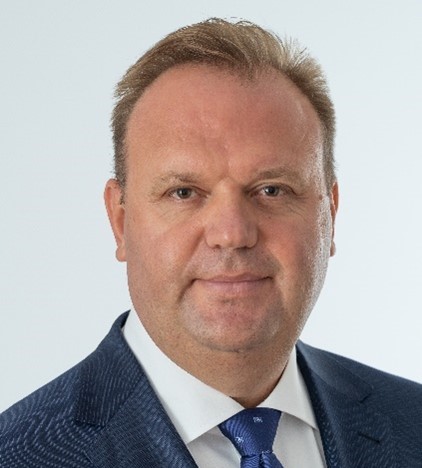
Daniel MARAProfessor Ph.D.
Dean at the Faculty of Socio-Human Sciences of the “Lucian Blaga” University of Sibiu, qualified to conduct Ph.D.s in the field of “Education Sciences”.
The main scientific fields he deals with are inclusive education, non-formal education, differentiated pedagogy, curricular adaptation, cognitive and metacognitive intervention, social inclusion, and training of trainers.
In these fields, he has held positions as project manager, member of research or training teams of projects, and coordinator of ERASMUS+ programs, as well as a member of national and international associations and societies. He has also produced numerous scholarly works – single-authored, coordinated, and collaborative, aiming to support the work of teachers and educators.
